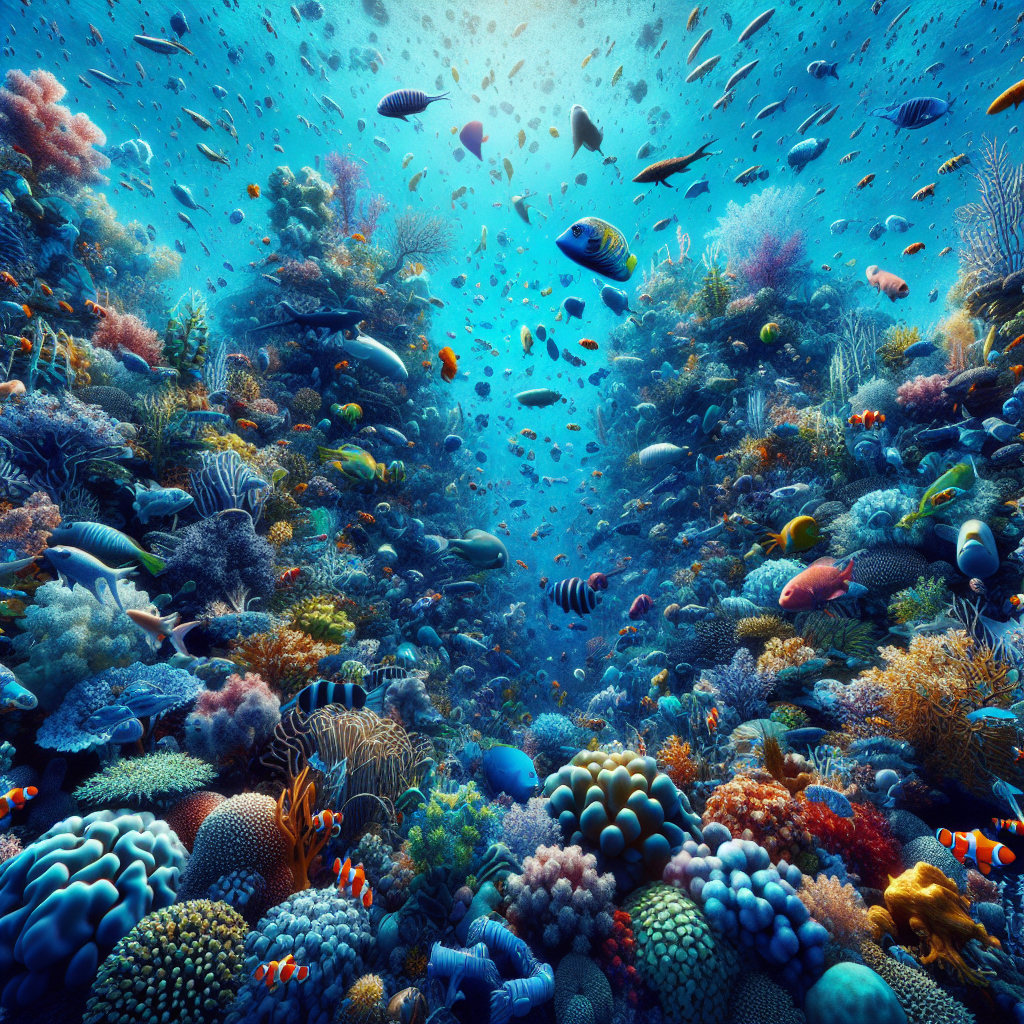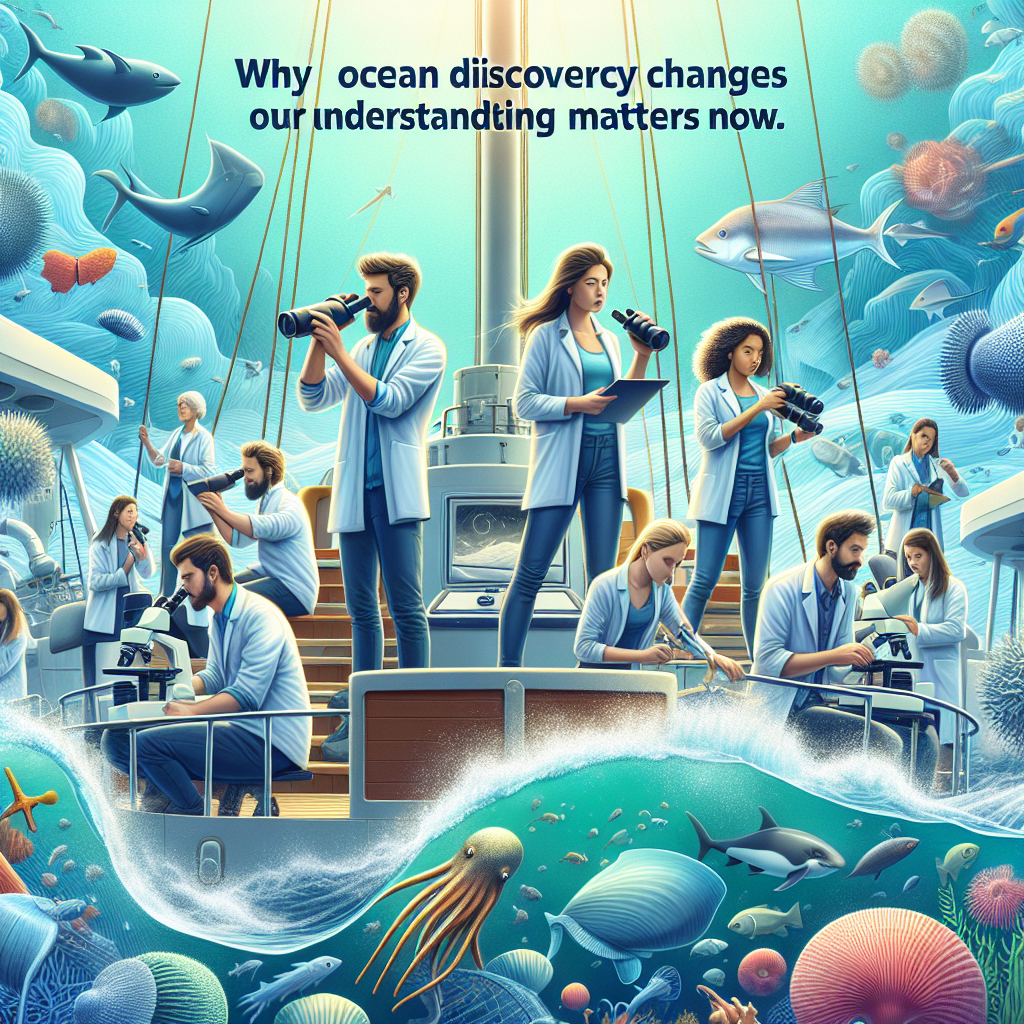In a rapidly evolving world, ‘What nature is telling us about’ becomes an urgent question of our times. The Issue at Hand today involves the profound way our oceans speak to us – not in words, but through their rich biodiversity and secrets hidden deep below the surface.
As an engaged journalist, My Position on this issue is unequivocal: we must heed what these marine revelations reveal about our society’s functioning and future directions. These ocean discoveries aren’t just altering scientific textbooks; they are reshaping our understanding of life itself.
The Supporting Evidence comes from the frontlines of ocean explorations. Recent expeditions have uncovered species previously unknown to humankind, unique ecosystems thriving under extreme conditions, and geological processes that reflect Earth’s tumultuous history more accurately than ever before.

Counterarguments suggest such discoveries bear no significant influence on social paradigms or policies. They argue focusing too much on distant oceans distracts from pressing terrestrial concerns.
But consider this: oceans cover over 70% of our planet’s surface and host an estimated 50%-80% of all life. Can we ignore this massive part of existence? Can societies progress sustainably without comprehending fully where majority life dwells?
Real-World Examples span across domains. Lessons gleaned from coral resilience are informing community recovery strategies; submarine volcanic activity elucidates climate change impacts; deep-sea creatures’ bioluminescence illuminates biomedical research areas.
The Historical Precedents affirm this interconnectedness between oceanic insights and societal development isn’t new – it has been a part of human history since our ancestors began exploring seas.

In my Personal Experience as a science reporter, the excitement around newly discovered deep-sea creatures isn’t just about wonder; it’s also about the new windows they open into understanding ourselves and our societies better.
So, here’s the Call to Action: harness these marine revelations as catalysts for societal change. Invest in ocean research not merely as an academic pursuit but to address fundamental social challenges head-on.
The Vision for the Future is one where humanity looks to oceans with respect and reverence – seeking answers not only about natural phenomena but also social issues that bedevil us today.
Final Thoughts? The ocean might be out of sight for most of us, most of the time – but let it never be out of mind. Because what we understand there shapes how we act here. In short, why ‘Ocean discovery changes understanding Matters Now’ is because this isn’t just a narrative about oceans – it’s a story about us all.

